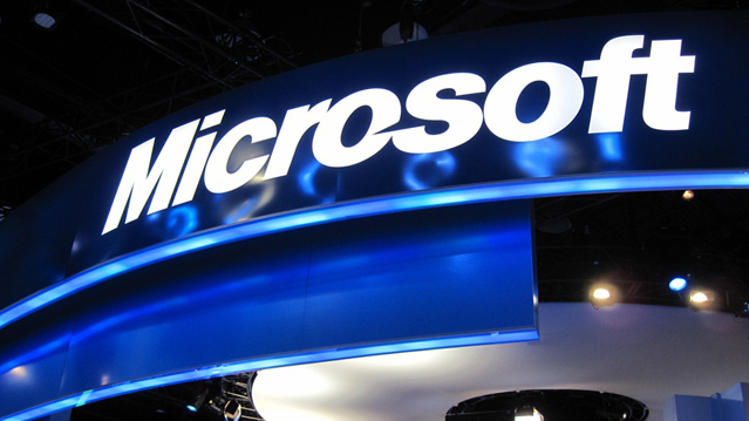Two of the world's largest technology firms, IBM and Microsoft, are vying to tap the nascent, fast-growing market for forecasting air quality in China.
在中国的空气质量预测市场方兴未艾、高速发展之际,全球最大的两家科技公司——IBM和微软正在争相开发这片市场。
Both Microsoft and IBM secured their first government clients last year after developing their respective pollution forecasting technologies.
在研发出各自的污染预测技术后,微软和IBM去年双双迎来了来自首家政府客户。
IBM's first client was the city of Beijing's environmental protection bureau, which bases its color-coded pollution alerts on the technology.
IBM的首家客户是北京市环保局,合作项目基于其颜色分级预警技术。
For its part, Microsoft has signed up China's environment ministry, and the environmental protection bureaus in Fujian province and Chengdu city.
而微软则与中国环保部、福建省环保厅、成都市环保局等签署了合作协议。

The two tech rivals aren't just competing over government clients. Business clients - in particular renewable power generation companies - are another target, along with consumers.
作为竞争对手,IBM和微软的竞争对象不局限于政府客户,企业客户(尤其是可再生发电公司)、消费者也是它们的目标。
"If you can predict the weather, it only takes a few more variables to predict air quality," said Robert Rohde of Berkeley Earth, a U.S.-based non-profit that maps China's real-time air pollution. "Most of the time pollutant emissions don't vary very rapidly."
“如果能够预测天气的话,只需要多添加几个变量就可以预测空气质量。”追踪中国实时空气污染分布的美国非盈利组织Berkeley Earth主管罗伯特·罗德表示,“大多数时候,污染物的排放不会在短时间内产生改变。”
But there are still kinks to work out. The latest version of Microsoft's iPhone app lacked the forecasting function advertised, which the company blamed on a bug, while during a recent "red alert," when the air was considered hazardous and schools were shut, the China Open IBM-based forecast recommended "light exercise".
但目前微软和IBM的空气质量预报应用仍存在一定缺陷。由于一处缺陷,微软最新iOS版空气质量检测应用缺乏预测功能。在最近的雾霾“红色预警”期间,北京的学校暂停教学,但中国网球公开赛和IBM共同推出的空气质量预报大数据却推荐民众“轻度运动”。












